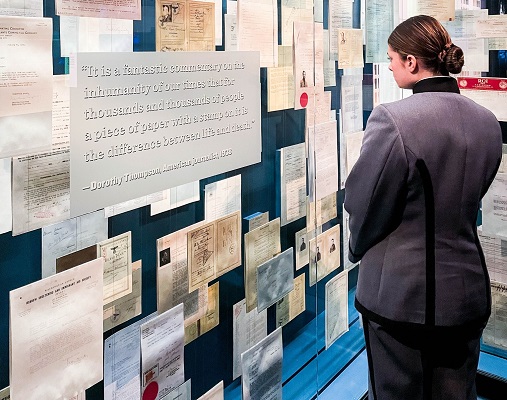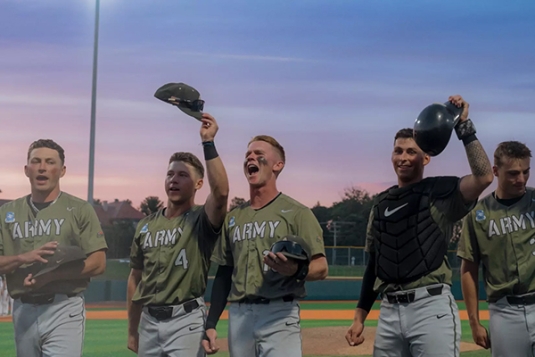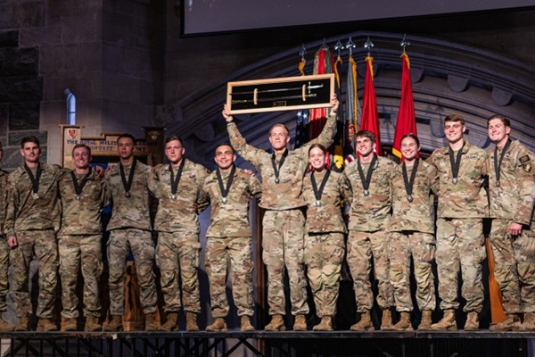By Erika Norton, WPAOG Senior Multimedia Journalist, & Rebecca Rose, WPAOG Multimedia Journalist
Last week, cadets attended the Joint Service Academies Mass Atrocity Prevention Symposium at the United States Holocaust Memorial Museum in Washington, D.C. The focal point of the symposium was the students, who shared their original research on issues related to the Holocaust, genocide, and mass atrocity prevention with an audience of their peers.
Annually the West Point Department of History’s Center for Holocaust and Genocide Studies travels with plebes on their annual trip section to the museum.
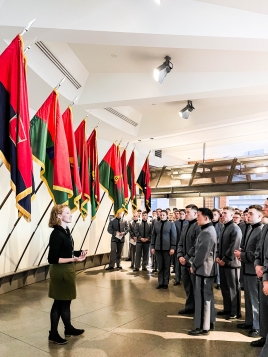
During the symposium, student panels were interspersed between presentations by scholars, experts, and practitioners from U.S. government agencies, such as the Department of Defense and Department of State, non-governmental organizations working in the field of atrocity prevention, and the U.S. Holocaust Memorial Museum. These presentations energize and advance conversations at the academies concerning humane and effective leadership in an age of continued mass atrocity and genocide.
The creation of West Point’s Center for Holocaust and Genocide Studies was inspired by GEN Dwight D. Eisenhower (1915). When Eisenhower learned of Ohrdruf, a satellite camp of Buchenwald and one of the largest concentration camps on German soil, he was quick to recognize the need to document, study, and remember the atrocities of World War II. He immediately brought two more West Point graduates, GEN George Patton (1909) and GEN Omar Bradley (1915), to examine the camp, then littered with over 1,000 dead bodies. All who witnessed the camp were profoundly affected by the experience.
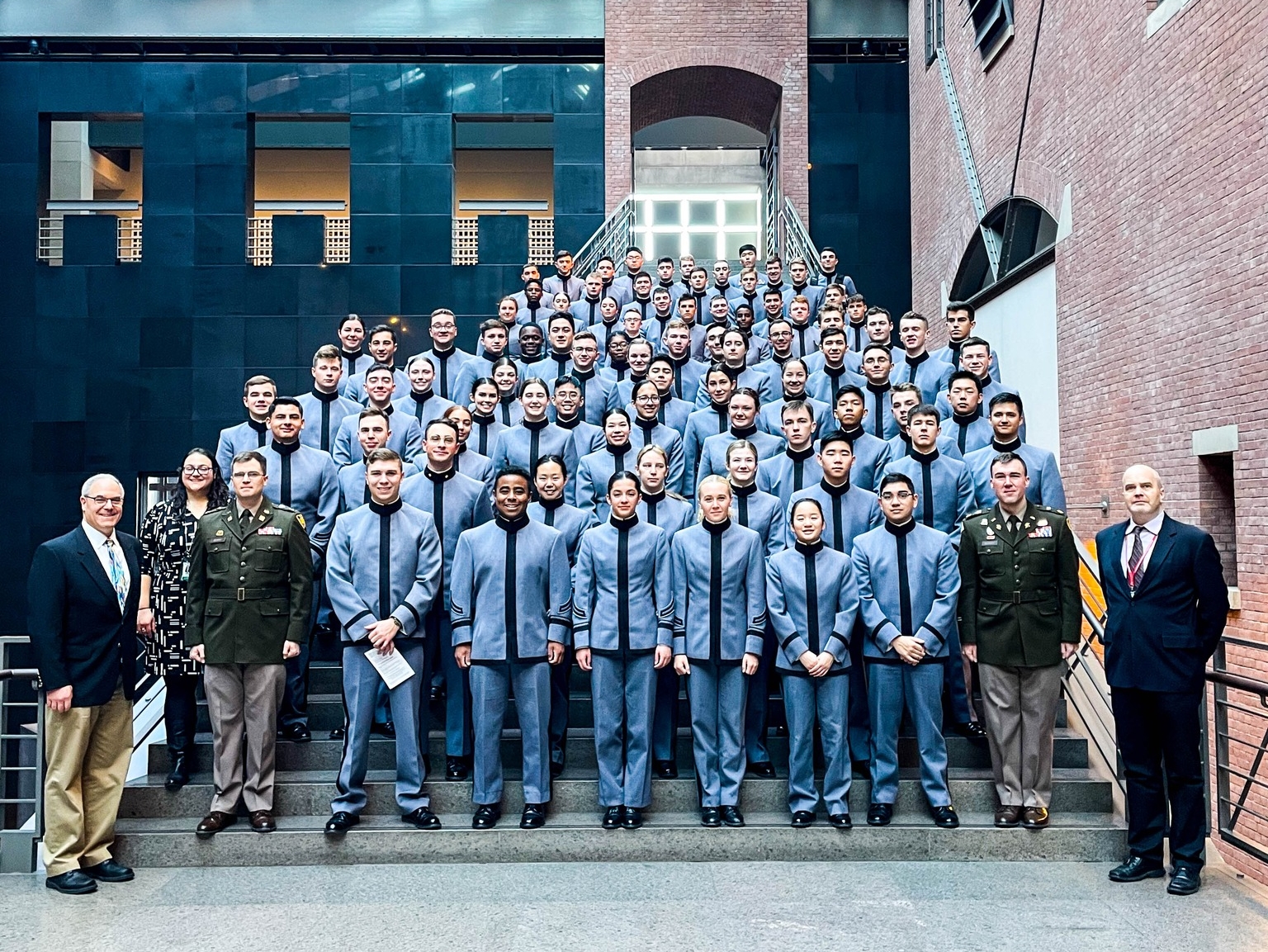
The Supreme Allied Commander and West Point graduate recognized that without firsthand evidence and testimony, many people—soldiers and civilians alike—would fail to comprehend the scale of the Holocaust. Others might deny that it happened at all. Eisenhower realized that we need to learn from the past to make a better future.
By grounding the study of genocide and mass atrocity in the discipline of History, while incorporating a range of other scholarly fields, West Point’s Center for Holocaust and Genocide Studies promotes a global and comprehensive program of study.

